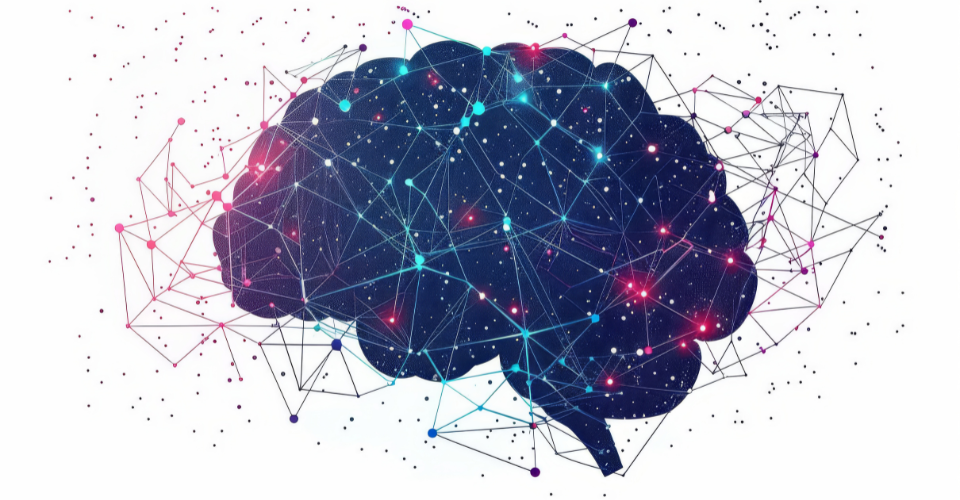News: Researchers from Kaunas University of Technology developed an artificial intelligence and deep learning-based method that can predict the possible onset of Alzheimer’s disease from brain images with an accuracy of over 99 percent.
Scientists developed the new technology while analysing functional MRI images obtained from 138 subjects and performed better in terms of accuracy, sensitivity and specificity than previously developed methods. The study findings were published in the journal Diagnostics’.
Although this was not the first attempt to diagnose the early onset of Alzheimer’s from similar data, our main breakthrough is the accuracy of the algorithm. Obviously, such high numbers are not indicators of true real-life performance, but we’re working with medical institutions to get more data,” says Maskelinas, a researcher at the Department of Multimedia Engineering, Faculty of Informatics, Kaunas University of Technology (KTU), Odusami’s PhD supervisor.
Alzheimer’s disease is contributing to up to 70 per cent of dementia cases. Across the world 24 million people are diagnosed with Alzheimer’s, and this number is expected to double every 20 years, according to the World Health Organization. This progressive neurological disorder is going to be a costly public health burden in the years to come. Worldwide, medical professionals are working hard to raise awareness of an early Alzheimer’s diagnosis.
Early detection of this disorder is important so that those affected have a better chance of benefiting from treatment. The new technology could be a game-changer in how Alzheimer’s and dementia are detected.
To Know More You May Refer To:
Odusami, M., Maskeliūnas, R., Damaševičius, R., & Krilavičius, T. (2021). Analysis of features of Alzheimer’s disease: Detection of early stage from functional brain changes in magnetic resonance images using a Finetuned ResNet18 network. Diagnostics, 11(6), 1071. https://doi.org/10.3390/diagnostics11061071




























Leave a Reply
You must be logged in to post a comment.